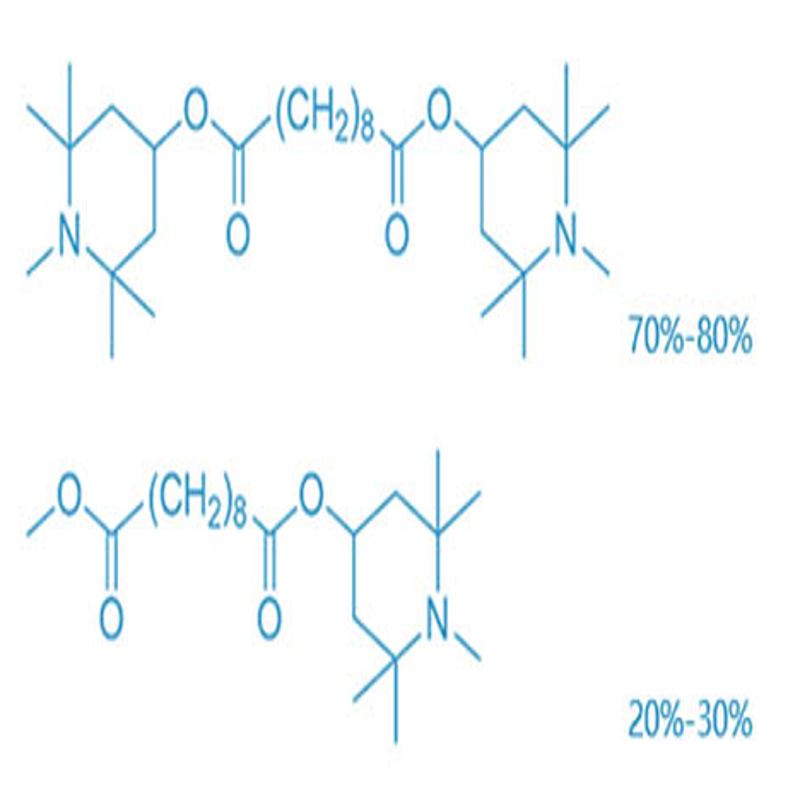-
Categories
-
Pharmaceutical Intermediates
-
Active Pharmaceutical Ingredients
-
Food Additives
- Industrial Coatings
- Agrochemicals
- Dyes and Pigments
- Surfactant
- Flavors and Fragrances
- Chemical Reagents
- Catalyst and Auxiliary
- Natural Products
- Inorganic Chemistry
-
Organic Chemistry
-
Biochemical Engineering
- Analytical Chemistry
-
Cosmetic Ingredient
- Water Treatment Chemical
-
Pharmaceutical Intermediates
Promotion
ECHEMI Mall
Wholesale
Weekly Price
Exhibition
News
-
Trade Service
The petrochemicals market in the Middle East is tight
The petrochemical market in the Middle East is facing a tight supply situation, mainly due to the shortage of container supply, which will continue to cause difficulties in the transportation of petrochemical products until March
.
In addition, the shutdown of Asia's petrochemical plant has exacerbated the situation
.
For polyethylene, due to the strong demand for polyethylene in the Middle East in the main export market, and the supply in the Middle East is still limited, the major polyethylene producers in the Middle East have sold out the supply quota
of major grades of polyethylene in the absence of polyethylene export supply in the United States.
South Korean polyether polyol (POP) producers have sold out most of their shipments in January and February, resulting in tight supply in the Middle East POP market and steady demand, which is further exacerbated
by ongoing container shortages.
U.
S.
renewable diesel production capacity will grow rapidly
The $1/gallon federal biodiesel tax credit, combined with California's Low Carbon Fuel Standard (LCFS) credit, could transform the U.
S.
biodiesel industry
for years to come.
While the federal tax credit is only guaranteed until 2022, it's enough for developers to continue converting six U.
S.
refineries into renewable diesel plants
.
It is understood that at the end of 2020, there were four renewable diesel plants in operation in the United States: the two plants under expansion have a current capacity of 90 million gallons per year and 275 million gallons per year, respectively; North Dakota opened a new 184 million gallons/year plant; Kansas also has a 4 million gallon/year plant
.
The existing 553 million gallons/year of renewable diesel production capacity will soon be replaced by six renewable diesel plants and expansion projects under construction, and the first wave of construction will add more than 2 billion gallons per year of bio-based diesel capacity
.
The performance of Korean base oil producers in 2020 was mixed
In 2020, among Korean base oil refiners, SK Lubricants' operating profit declined, S-Oil's operating profit increased significantly, and both companies' sales revenue declined
.
SK Lubricants' operating profit in 2020 decreased by 11% from 2019 to KRW 262.
2 billion, and sales revenue decreased by 17% to KRW
2.
4 trillion.
SK Lubricants said that operating profit improved in the fourth quarter due to tight supply of base oils and increased demand, and the base oil market is expected to gradually recover
in 2021.
S-Oil's base oils division reported operating profit of KRW 426.
3 billion in 2020 up 97% from 2019, and sales revenue decreased by 12% to KRW
1.
3 trillion.
S-Oil said demand continued to recover in the fourth quarter of 2020 and base oil differentials will remain healthy in 2021, although supply constraints will ease as refineries increase runs
.
Biden will suspend the issuance of federal oil and gas lease licenses
U.
S.
President Joe Biden plans to suspend new lease permits for oil and gas on federal territory, a move that will confront
the oil industry over the future of U.
S.
energy, people familiar with the matter said.
People familiar with the matter said the Biden administration has drafted an order suspending the issuance of new lease licenses
while the federal oil and gas leasing program is reviewed.
This could be Biden's first step
toward fulfilling his campaign promise to end future oil and gas leases.
The order is expected to be included in
the government's package of measures aimed at reducing greenhouse gas emissions and promoting land conservation.
When running for president, Biden had said he would push the United States to "transition from the oil industry" because of pollution from the oil industry, and his actions in this regard were faster and broader
than many expected.







